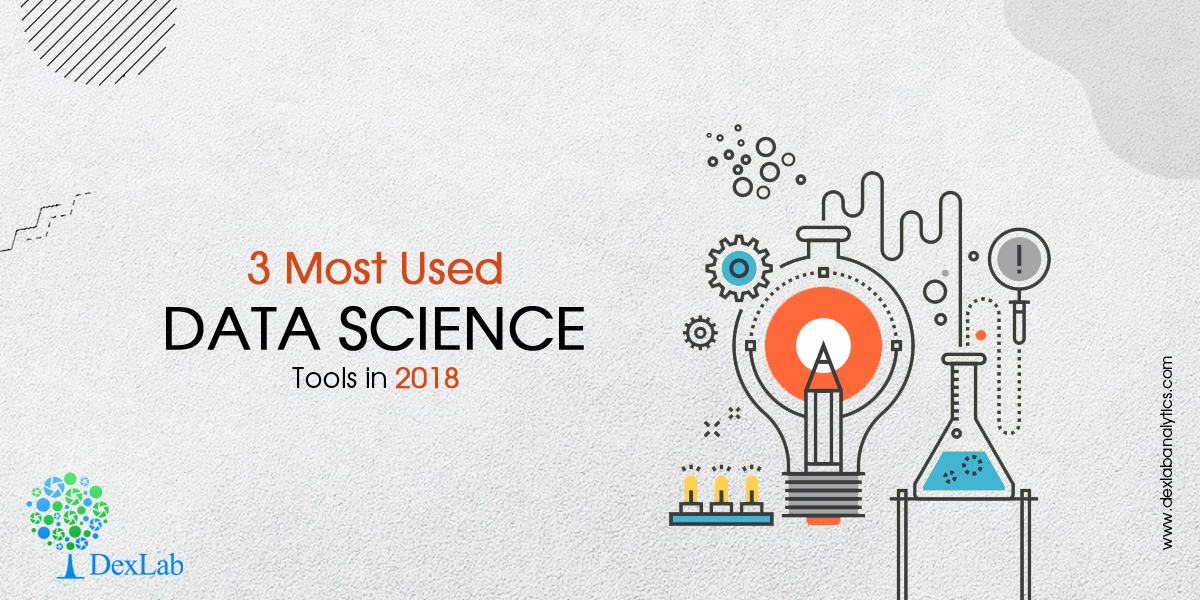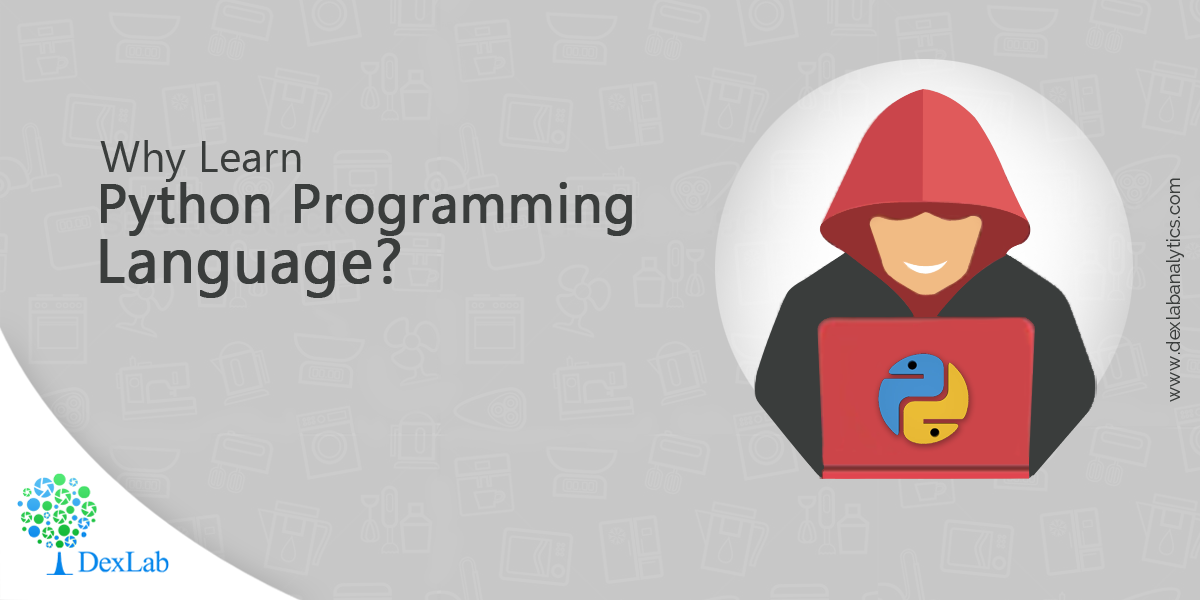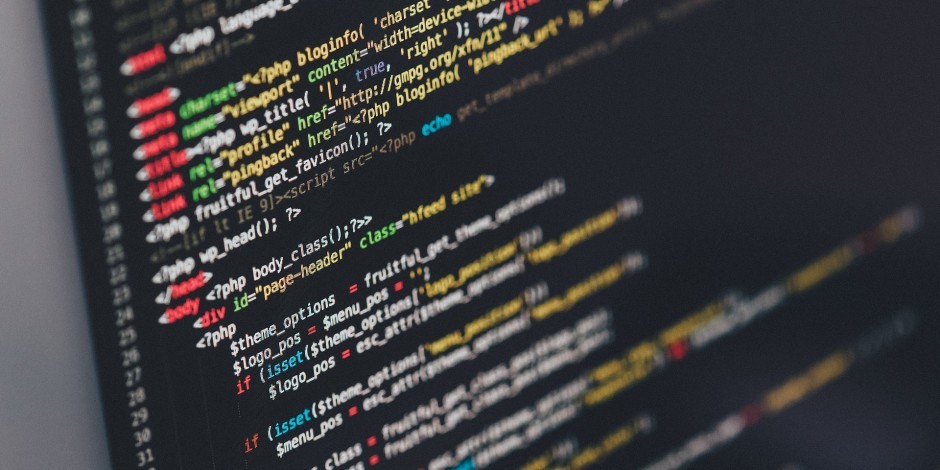
Welcome! May be, you are new to programming altogether or seasoned in the field; either way, you have come to the right place, and have chosen the right language. Python is a very powerful, advanced kind of object-oriented programming language. It is simple and follows an easy to use syntax. Therefore, it has stood out to be the most popular programming language to learn and master, even by those who has set foot recently into the world of computer programming.
So, if you are planning to kickstart a career in Python, pore over these frequently asked questions; they are often asked in job interviews. If you have any doubts regarding Python, feel free to ask us, or comment below.
Or you can also take up our Python Course in Delhi NCR. It’s industry-related and student-friendly.
What is Python?
Highly readable, interactive and interpreted, Python is an object-oriented scripting language. It focuses on English language, while its competitors use punctuations more.
What are the key features of Python?
- Dynamically typed – In Python, you don’t have to state the variable kinds. You can easily run
x=111and thenx="I'm a string"without error. - Interpreted language – This means Python doesn’t have to be compiled before running. PHP and Ruby are other interpreted languages.
- Object oriented programming – Python is highly suitable for such kind of programming. It lacks access specifiers (like C++’s
public,private>).
What role does PYTHONPATH environment variable plays?
PYTHONPATH works similar to a PATH. It helps Python interpreter in locating the module files imported into a program. It includes Python source library directory as well as the directories comprising the Python source code.
Name the supported data types in Python.
Python has 5 supported data types:
- Numbers
- List
- String
- Dictionary
- Tuple
Do you know how to display contents of text file in a reverse order?
- Change the given file into a list,
- Then reverse the list by using reversed()
- Eg: for line in reversed(list(open(“file-name”,”r”))):
- Print(line)
Pick out the invalid statement from below.
- a) abc = 1,000,000
- b) a b c = 1000 2000 3000
- c) a,b,c = 1000, 2000, 3000
- d) a_b_c = 1,000,000
Answer: b
How do you manage memory in Python?
- Python private heap space manages its memory. All Python items and data structures are stored in a private heap. The programmer is not given access to this, but an interpreter manages this heap.
- Pythom memory manager allocates Python heap space, while giving some access to the programmer for coding.
- Python comprises of an inbuilt garbage collector – it recycles all the redundant memory, frees the extra memory and feeds it into the heap space.
What do you mean by Python dictionary?
Python dictionary is nothing but built-in datatypes. It entails a one-to-one relationship between keys and values. Dictionaries are indexed by keys; they contain pairs of keys and their corresponding values.
Hope this set of Python interview questions have prepared you well for upcoming job interviews. All the best!
Want to learn Python and its whole set of applications? Feel free to check out our interactive Python certification course training, offered by industry experts. They help transform your career.
The blog has been sourced from:
www.edureka.co/blog/interview-questions/python-interview-questions
intellipaat.com/interview-question/python-interview-questions
Interested in a career in Data Analyst?
To learn more about Data Analyst with Advanced excel course – Enrol Now.
To learn more about Data Analyst with R Course – Enrol Now.
To learn more about Big Data Course – Enrol Now.To learn more about Machine Learning Using Python and Spark – Enrol Now.
To learn more about Data Analyst with SAS Course – Enrol Now.
To learn more about Data Analyst with Apache Spark Course – Enrol Now.
To learn more about Data Analyst with Market Risk Analytics and Modelling Course – Enrol Now.




